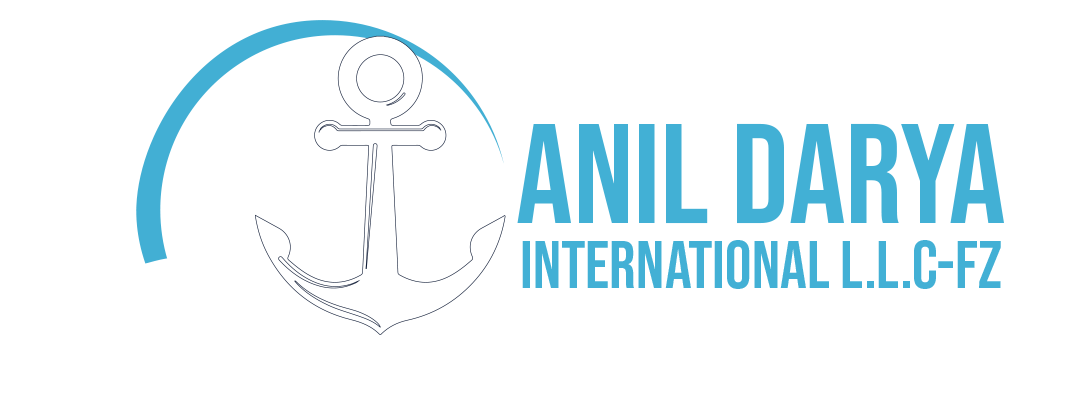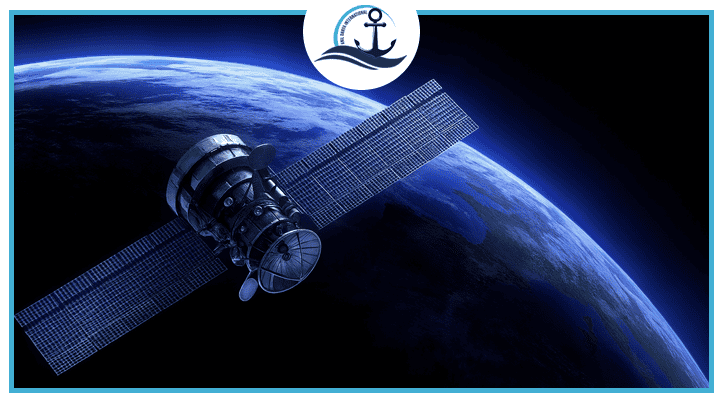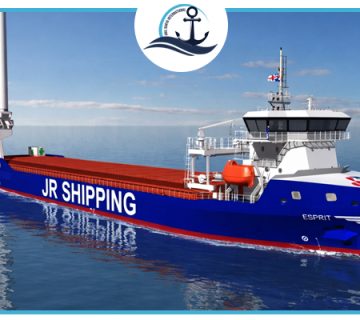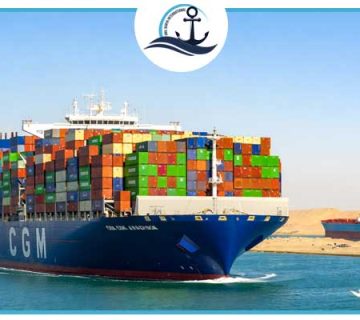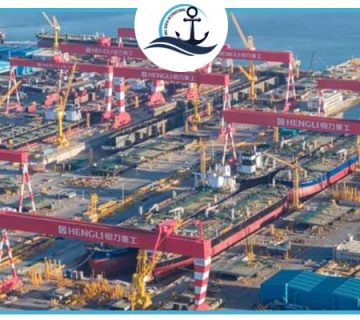|
Getting your Trinity Audio player ready...
|
Qatar Halts Navigation Due to GPS Fault, Raising Sea Freight Concerns
Qatari authorities have issued an unprecedented order for all vessels to cease navigation in national waters, citing what they described as “a technical fault in the GPS system.” The move, announced by the Ministry of Transport on Saturday, temporarily brought Qatar’s maritime and sea freight operations to a standstill — a rare disruption for one of the world’s top exporters of liquefied natural gas (LNG).
Indefinite Navigation Suspension
The ministry stated that the navigation halt will remain in effect indefinitely until the issue is fully resolved. Officials did not elaborate on the nature or cause of the malfunction, but GPS interference and spoofing are known to be recurring problems across the Arabian Gulf, especially during periods of heightened geopolitical tension involving Iran.
In recent months, Qatari residents have also reported frequent GPS errors on personal devices, with many phones incorrectly displaying locations inside Iran. Such incidents indicate potential large-scale GPS spoofing activity affecting both civilian and commercial systems.
Electronic Warfare and Hybrid Threats
GPS spoofing — the deliberate broadcasting of false satellite positioning signals — is a well-known electronic warfare tactic used to mislead navigation systems. Experts note that it can serve defensive military purposes, confusing incoming threats, but can also be weaponized as part of “hybrid warfare” to disrupt logistics and shipping activity while masking the perpetrator’s identity.
The impact on Qatar’s sea freight network remains uncertain. If enforced strictly, the suspension could disrupt LNG exports and marine cargo logistics, potentially affecting global energy supply chains. However, as of Sunday evening, live vessel tracking data showed dozens of merchant ships continuing normal operations near Doha and Ras Laffan, suggesting that navigation had not fully ceased in practice.
LNG Exports and Global Trade Implications
Qatar is among the largest exporters of liquefied natural gas (LNG) globally, and its Ras Laffan Industrial Port handles dozens of carrier movements weekly. Any prolonged interruption in port activity could have ripple effects across international sea freight and energy markets, where tanker schedules and charter rates are closely tied to the steady flow of Gulf exports.
Despite the decree, observers reported normal berthing and cargo loading maneuvers at Ras Laffan’s terminals over the weekend, indicating that operations may be continuing under heightened navigational caution rather than a full suspension.
GPS Spoofing Beyond the Gulf
Similar GPS spoofing and jamming incidents have been recorded elsewhere, notably in the Baltic Sea, where ship and aircraft navigation systems are routinely affected by interference believed to originate from state-backed transmitters. While disruptive, such incidents rarely cause a complete halt in marine traffic or sea freight operations, suggesting that Qatar’s directive may be a precautionary — and temporary — response to an escalating cyber or electronic threat.
